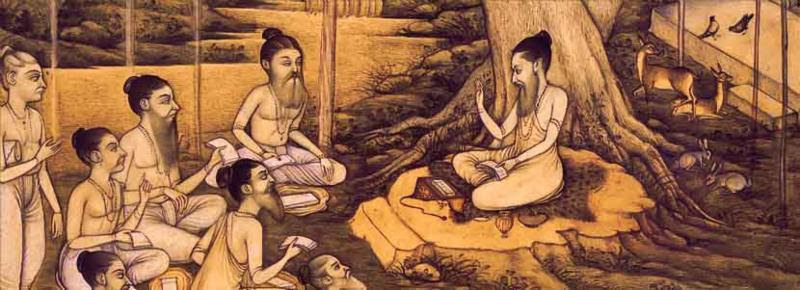Are you ready to feel healthier?
Have you been struggling with health issues?
Ayurveda is your answer.
Ayurveda looks at you as a whole system. It seeks to address the root causes of imbalance and helps you make decisions that restore vitality and health. Known as the science of life, Ayurveda sees every person and every part of nature as interconnected. This perspective allows practitioners to recognize patterns and provide natural approaches that include food, lifestyle, and herbal support.

Ayurveda, or Ayurvedic medicine, is a holistic tradition from South Asia, particularly India. Its roots stretch back thousands of years—long before written texts— when sages and healers closely observed nature. Over generations, their insights were compiled into a comprehensive health system recorded in the Vedas.
Ayurveda cannot be dated precisely; it evolved gradually as human understanding developed. Ancient texts written 3,000–5,000 years ago preserve this knowledge, but the practices undoubtedly predate them. Observations spanned agriculture, astronomy, and especially the human body and mind—focusing on maintaining health and restoring it when challenged.
The sum of this knowledge is called Ayurveda—the science of life.
Today in India and South Asia, Ayurveda is taught at universities and practiced alongside modern medicine. Government and academic institutions also support ongoing research and development of therapies.

Ayurveda’s most distinctive features are its reliance on natural remedies, its sophisticated system of diagnosis, and its recognition of unique body-mind types.
These body types—called the Tridosha system—include Vata, Pitta, and Kapha. Each person has a unique combination, and maintaining balance requires diet and lifestyle specific to one’s dosha. Knowing this “signature” also highlights areas of vulnerability and helps guid









